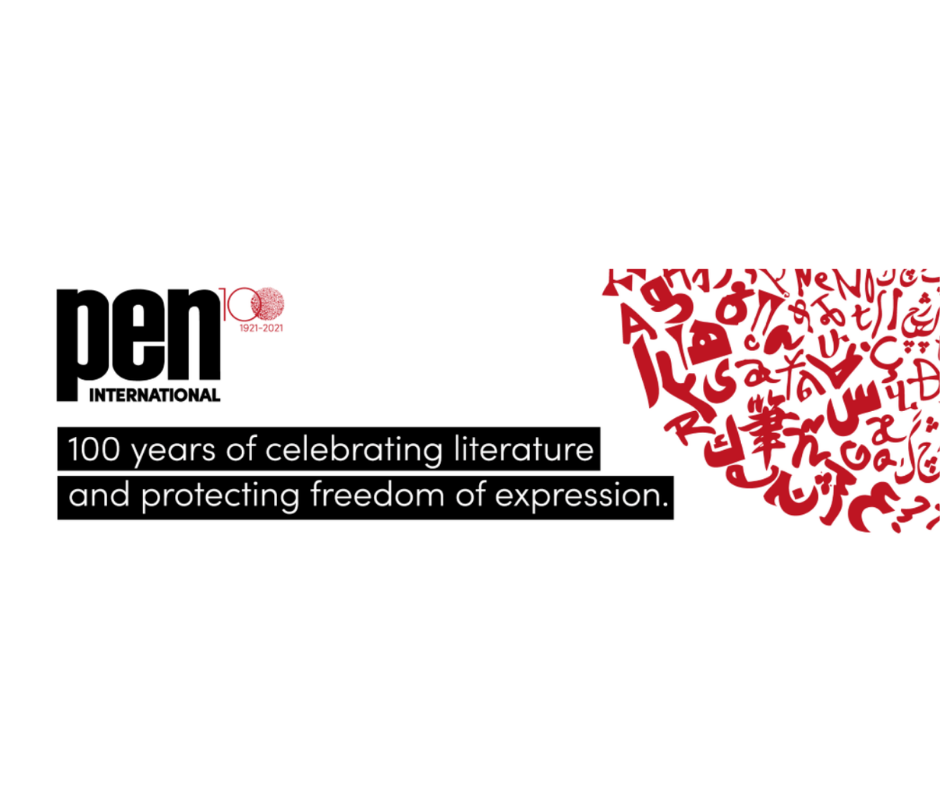
Mass and largely peaceful protests have swept Belarus since the disputed presidential elections of 9 August 2020, which saw Aliaksandr Lukašenka [Alexander Lukashenko] return to a sixth term in office (OSCE Rapporteur’s Report under the Moscow Mechanism on Alleged Human Rights Violations related to the Presidential Elections of 9 August 2020 in Belarus). Protests have been – and continue to be – violently suppressed. Over 35,000 people have been arbitrarily arrested, hundreds are in prison or under house arrest. Some have died in unclear circumstances – including unjustly imprisoned opposition activist, Vitold Ašurak [Vitold Ashurak]. Others have been forced to leave the countries and live in exile. Hundreds of detainees reported being subjected to or witnessing torture and other ill-treatment, including sexual and gender-based violence. As yet, no one has been brought to account (Report of the Special Rapporteur on the situation of human rights in Belarus, Anaïs Marin, A/HRC/47/49).
The Belarusian authorities have unleashed an unprecedented crackdown on independent media in a bid to silence critical reporting on the protests and the human rights violations that ensued. They disrupted internet access and blocked over 100 news and media websites, including leading online media outlet TUT.BY (Belarusian Association of Journalists, Stop attack on TUT.BY and other media resources, 18 May 2021). Amendments to the Mass Media Law and to the Law on Mass Gatherings, signed into law in May 2021, make it virtually impossible to report on public protests (Belarus: ‘Black hole’ for media freedoms after egregious attacks, say UN experts, 7 June 2021).
Scores of journalists have been arbitrarily detained, beaten, sentenced to prison or hefty fines; 29 journalists and media workers were behind bars as of August 2021 (Belarusian Association of Journalists, Repressions against journalists in Belarus, 2021). Many have seen their accreditation revoked. In May 2021, the Belarusian authorities went as far as to hijack an aircraft to detain exiled blogger and activist Raman Pratasievič [Roman Protasevich] and his partner Safija Sapieha [Sofya Sapega] (PEN International, Belarus: Urgently end escalating crackdown on independent voices, 25 May 2021). Persecution intensified in July 2021, with the security forces raiding offices and homes of independent journalists across the country, including those working for Nasha Niva, Radio Free Europe/Radio Liberty and Belsat TV.
In July 2021, the Belarusian authorities moved to ‘purge’ civil society. Nearly 200 human rights and civil society organisations have either been shut down or are under ‘liquidation’ procedures. In August 2021, the Supreme Court notably ruled to dissolve the Belarusian PEN Centre (PEN International, Belarus: Authorities dissolve the Belarusian PEN Centre, 10 August 2021). Founded in 1989, the Centre was admitted to PEN International in May 1990 at the 55th International Congress, held in Madeira, Portugal.
Writers, artists, musicians, and performers have been using their art as cultural resistance to the oppression. They have staged theatrical and street performances, held public readings, written poetry, or simply lent their public support to and taken part in the protests. For this, they have suffered terrible consequences (PEN International, Belarus: PEN Centres world-wide call for an end to the abuse of fundamental rights of those who speak out against repression, 15 February 2021).
Since August 2020, over 700 cultural workers – including 150 writers and those using the written word – have been persecuted, with over 350 detained and many suffering beatings and torture. Some have been attacked in the streets by police and pro-government supporters, leading in one case to a tragic death, that of artist Raman Bandarenka. Others have found themselves forced to resign or dismissed from their jobs, losing contracts, and having performances and readings cancelled because of their engagement in the protests.
Their persecution continues to this day.
In the light of this situation, the Assembly of Delegates of PEN International calls on the Belarusian authorities to
- Immediately end their relentless crackdown on independent voices;
- Immediately and unconditionally release all those being held for peacefully expressing their views and drop all charges against them;
- Stop the harassment and criminal prosecution of independent media and civil society, and reverse the arbitrary dissolution of NGOs, including that of the Belarusian PEN Centre;
- Ensure independent, impartial, transparent and prompt investigations into all allegations of human rights violations committed in the context of peaceful protests. Perpetrators must be brought to justice in fair trial proceedings;
- Repeal or amend laws stifling free expression, including the Mass Media Law and the Law on Mass Gatherings.
Specifically in relation to attacks against the cultural sector
- Stop the politically motivated dismissal of cultural figures in state-owned cultural institutions and ensure a return of employment for those who have lost their jobs;
- Stop restricting access to public platforms for cultural figures with opposition views;
- Allow for the creation of independent unions to represent workers in the arts and culture sectors;
- Protect and promote artistic freedom and cultural rights defenders in accordance with international human rights standards and protection mechanisms, including recommendations by the UN Special Rapporteur on Cultural Rights.
The Assembly of Delegates of PEN International further calls on the international community to
- Recognise cultural workers as a distinct vulnerable group and provide them with psychological, legal, and logistical support for their activities and creative initiatives;
- Improve the asylum procedures for Belarusian journalists, media workers, cultural workers and other activists to be able to quickly get to a safe place in the case of immediate danger;
- Provide support to international accountability efforts, such as the monitoring and investigatory work of the UN High Commissioner for Human Rights mandated in HRC resolution 46/20 and the International Accountability Platform for Belarus.
